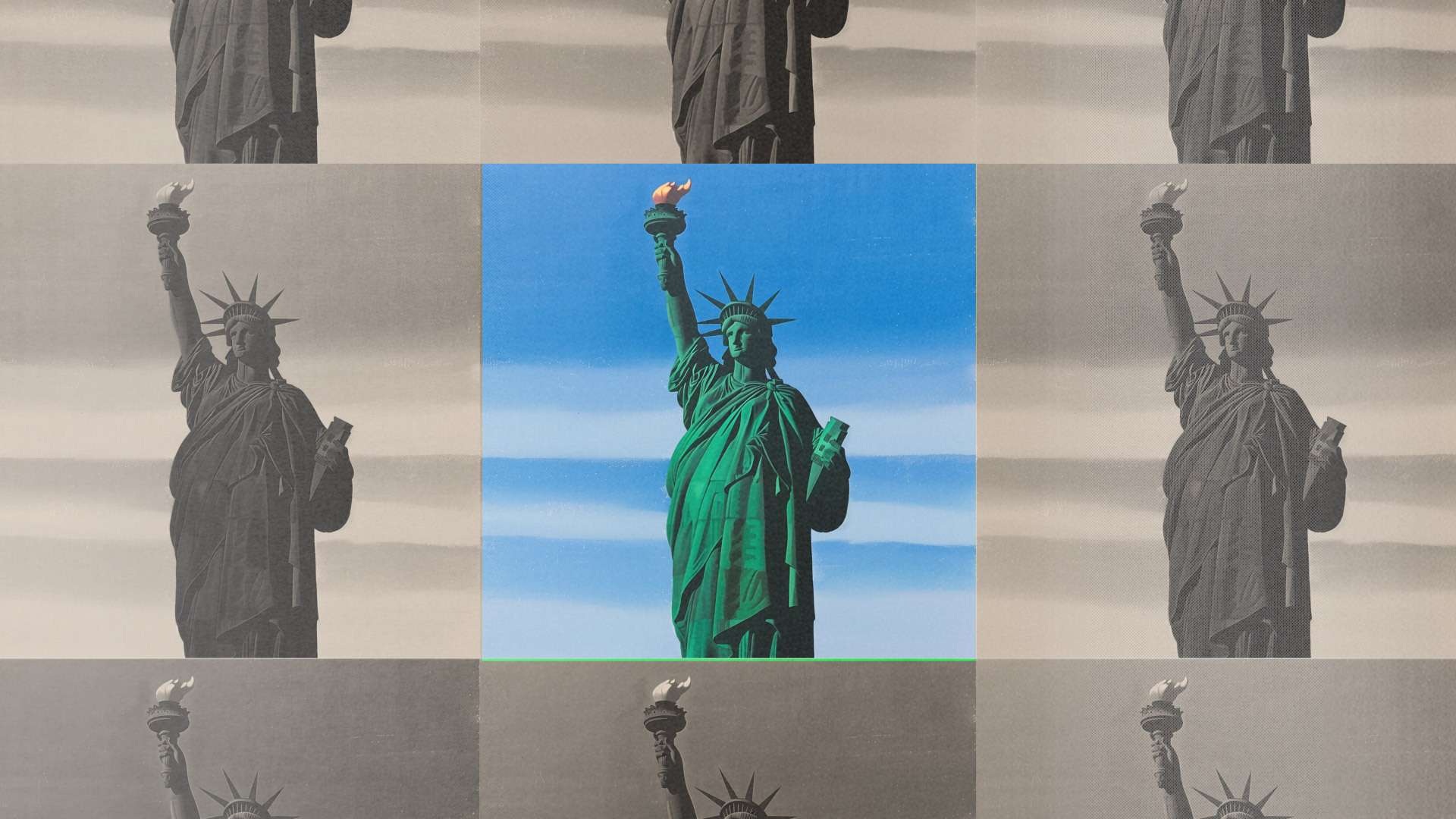Slavery is often thought of in terms of its brutality, but it can also be understood as the absence of freedom. Juneteenth, which commemorates the end of chattel slavery in the U.S., is a significant day in history.
On June 19, 1865, Maj. Gen. Gordon Granger enforced the Emancipation Proclamation in Galveston, Texas, declaring slaves free. Although some remained in bondage until the Thirteenth Amendment, Juneteenth marks a turning point in American history.
Despite its importance, Juneteenth has faced opposition. Some Republicans oppose its inclusion in school curricula, which may stem from cultural divisions. Understanding the history behind Juneteenth should support any platform advocating for liberty.
There are debates about whether Juneteenth should be a celebration for all Americans or reserved for black individuals. While African Americans suffered under slavery, the abolition of slavery should unite all Americans in the pursuit of freedom.
Opal Lee, a key advocate for Juneteenth, believes it symbolizes freedom for everyone, not just a specific group. Despite past struggles, the fight for freedom remains a core American value.
Freedom cannot coexist with slavery. The end of slavery is a victory for all individuals.






